"There will be no more people like us." Oliver Sacks on life, death and meaning
Categories: Celebrities | Health and Medicine
By Pictolic https://pictolic.com/article/there-will-be-no-more-people-like-us-oliver-sacks-on-life-death-and-meaning.htmlOliver Sacks was one of the most famous psychologists of our time. We publish his last column, written six months before his death. Believe me, it's worth reading.
"A month ago, it seemed to me that my health was good, even strong. I'm 81, but I still swim a mile a day. But my luck ran out. A few weeks ago I found out that there are multiple metastases in my liver. Nine years ago, it was discovered that I had a rare eye tumor. Because of the radiotherapy and lasers used to remove the tumor, I eventually went blind in one eye. In my case, the probability that the eye tumor would metastasize was small—but I was unlucky."
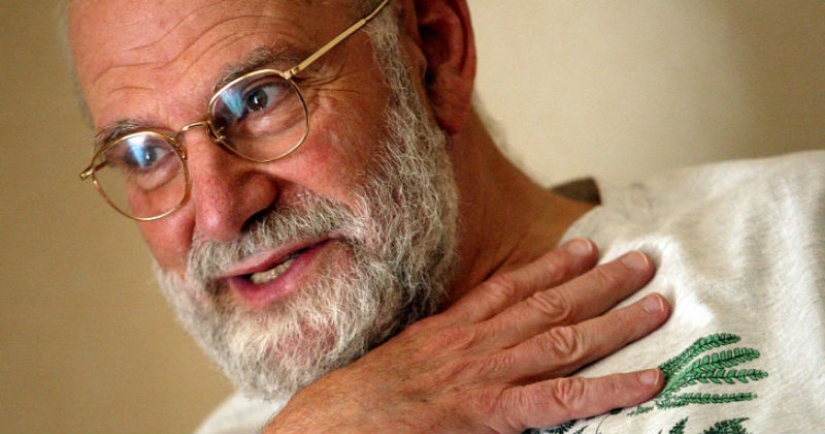
I have to figure out how to live my remaining months. I have to live them in the richest, deepest, most productive way. I am inspired by the words of one of my favorite philosophers, David Hume, who, at the age of 65, having learned that he was terminally ill, wrote a short autobiography. It took him only one day in April 1776. He called it "My Life."
"I suffered very little from my illness, and, what is even more curious, despite the severe exhaustion of the body, my mental balance did not leave me for a minute," Hume wrote. —I have retained the same passion for science, the same liveliness in society as before."
"I," Hume continues, "was distinguished by a meek nature, self-control, an open, sociable and cheerful disposition, the ability to get attached, the inability to feed enmity and great moderation in all passions."
Here I differ from Hume. Although I have enjoyed a warm relationship and friendship, I have no real enemies, I cannot say that I am a meek person. On the contrary, I am a rather belligerent person, I am often overcome by bouts of violent enthusiasm and complete immoderation in all my hobbies.
Over the past few days, I have been able to see my life from a great height, like a landscape, and a sense of the connectedness of all its components has deepened in me. It doesn't mean that life is over for me. On the contrary, I feel extremely alive, and I want and hope to achieve even deeper friendship in the remaining time, to say goodbye to everyone I love, to write something else, to travel, if I have enough strength, to reach new levels of understanding and meaning.
This will require audacity, clarity and directness of speech. I will have to get clarity in my relationship with the world. But I will have time for fun (and even for some stupidity).
This is not indifference, but lack of affection: I am still deeply concerned about the situation in the Middle East, global warming, and growing inequality. But it's not my business anymore — these things belong to the future. I am delighted when I meet gifted young people — even those who have done a biopsy and diagnosed me. I feel that the future is in good hands.
In the last ten years, I have been paying more and more attention to the deaths of my contemporaries. My generation is on the way out, and every death seemed to me like a break, cutting off a part of myself. There will be no more people like us. But there will never be people like you. When people die, they can't be replaced. They leave holes that cannot be filled, because the fate — both genetic and neural - of every human being is to become a unique individual, to find his own way, to live his own life, to die his own death.
And most importantly, I was a sentient being, a thinking animal, on this beautiful planet, and that in itself was a colossal privilege and a huge adventure.
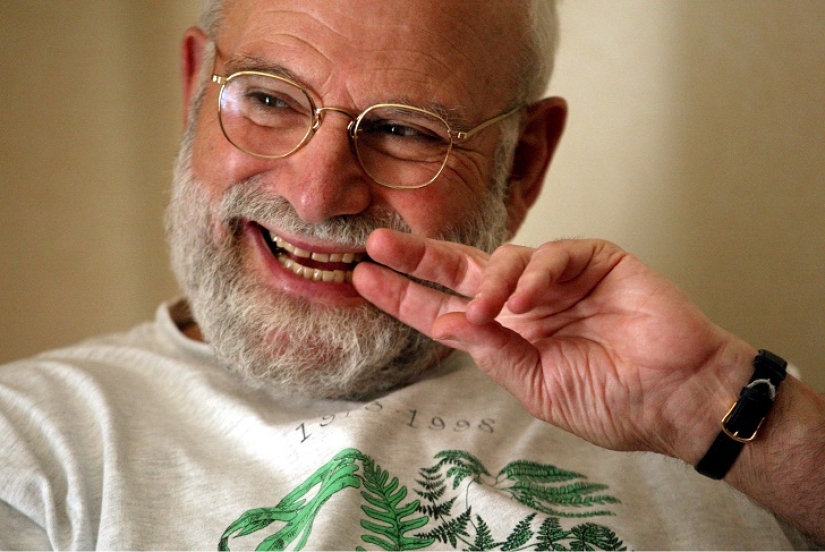
I am grateful for nine years of healthy and productive life after that initial diagnosis, but today I am face to face with death. Cancer has consumed a third of my liver, and although its spread can be slowed down, it can no longer be stopped.
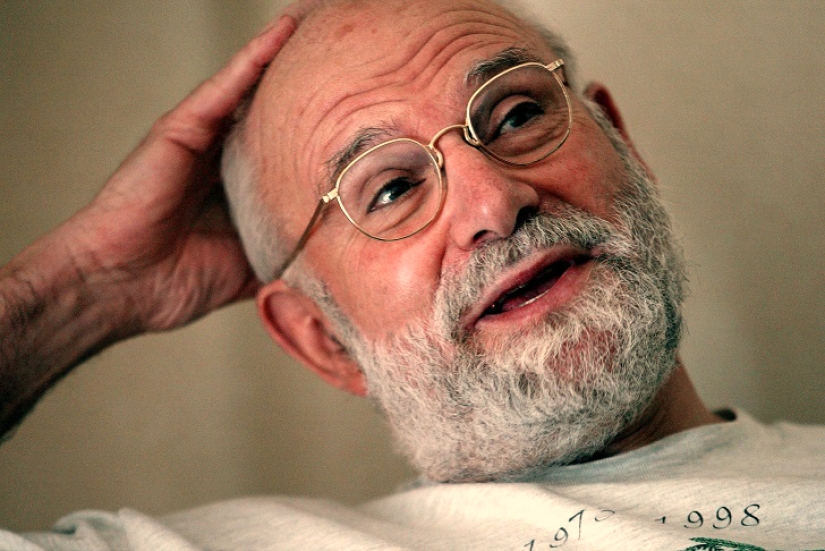
I was lucky to have lived more than 80 years, 15 years longer than Hume, and those years were just as rich in terms of work and love. During this time, I have published five books and completed an autobiography (it is longer than a few pages of Hume), which will be published this spring. And I've almost finished a few more books.
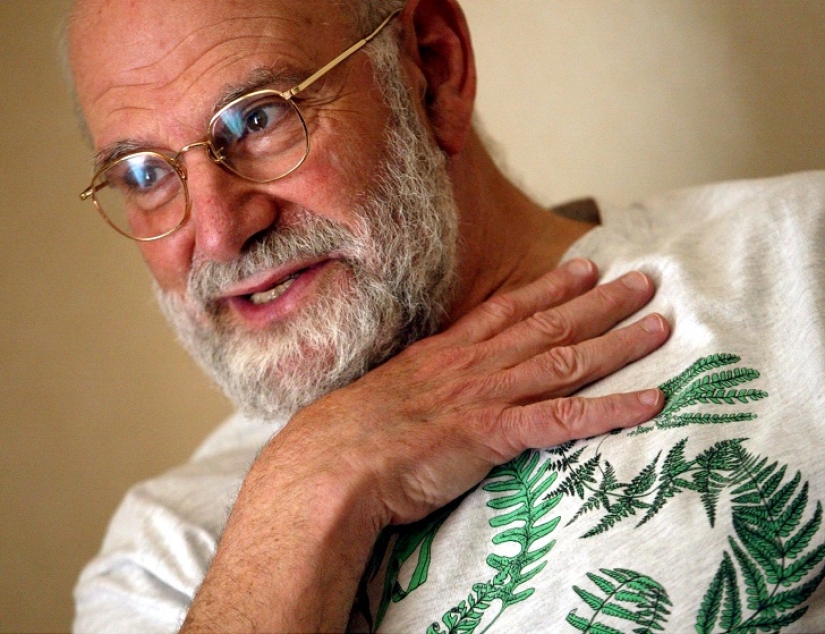
And yet one line from Hume's essay seems to me strikingly true: "It's hard to be less attached to life than I am now."
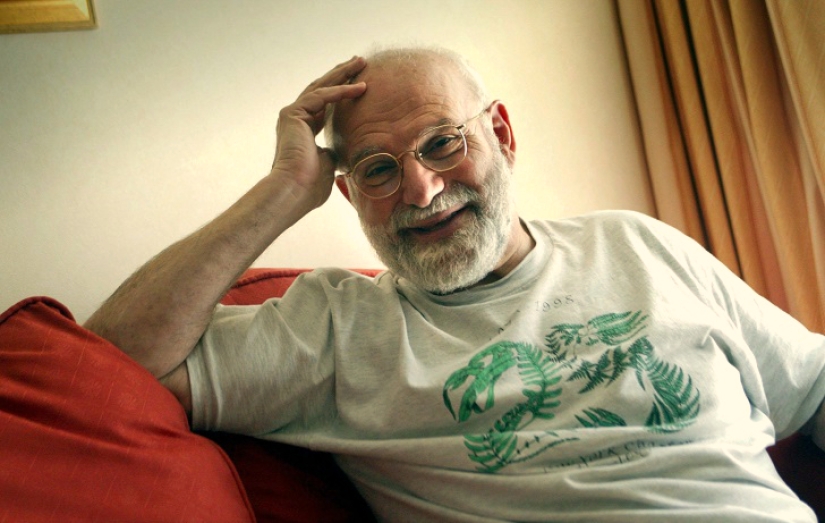
I suddenly feel focused and see a perspective. There is no time for anything unimportant. I have to focus on myself, on my work and on my friends. I won't be watching the news in the evenings anymore. I will no longer waste my attention on politics or arguments about global warming.
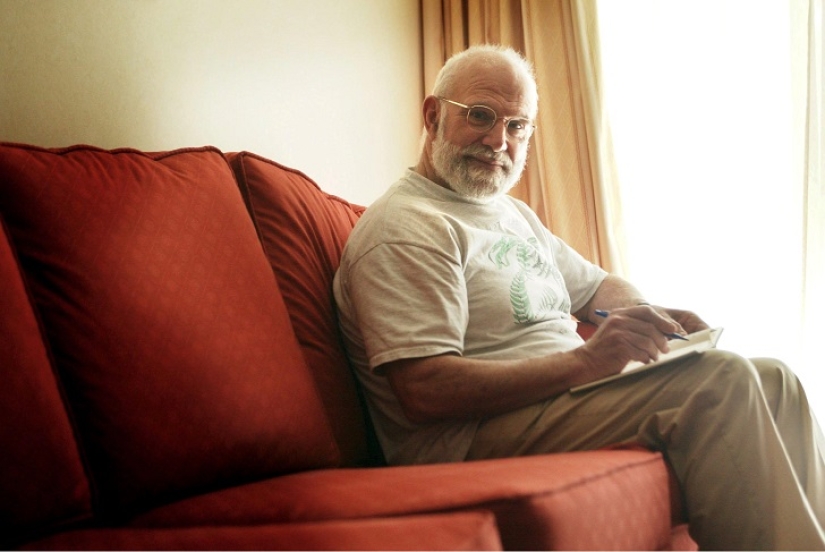
I can't pretend to be devoid of fear. But my main feeling is gratitude. I loved and was loved. I have been given a lot, and I have given something in return. I read, traveled, thought and wrote. I communicated with the world the way only writers and readers communicate.
Recent articles

It's high time to admit that this whole hipster idea has gone too far. The concept has become so popular that even restaurants have ...

There is a perception that people only use 10% of their brain potential. But the heroes of our review, apparently, found a way to ...

New Year's is a time to surprise and delight loved ones not only with gifts but also with a unique presentation of the holiday ...